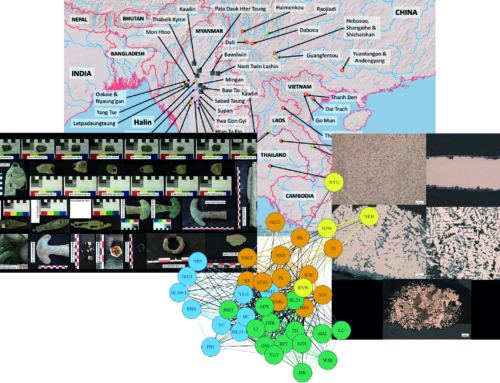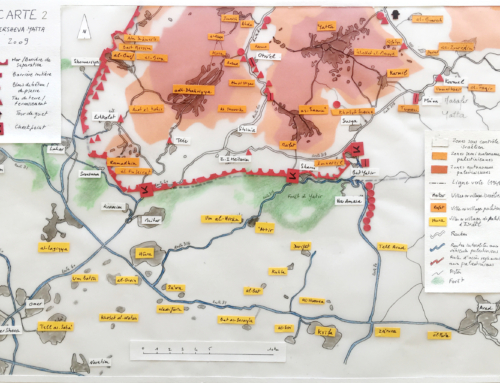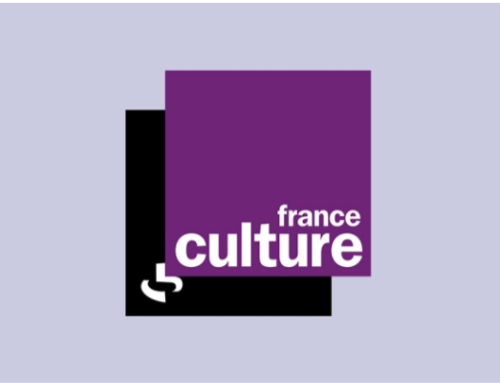Ce colloque est organisé par Sylvaine Bulle (CRFJ) au Van Leer Jerusalem Institute et à l’Université Hébraïque , les 5 et 6 novembre prochain.
Monday, November 5 – Day #1: Reconsidering Democracy
The Van Leer Jerusalem Institute (Conference Hall)
Tuesday, November 6 – Day #2:
Transforming Democracy
Hebrew University of Jerusalem Mount Scopus, Beit Meiersdorf Building, Room 405
Democracy Today will enable us to consider democracy first as a concept, building primarily on 20th century political theory and on different readings by leading French, Israeli and Palestinian thinkers and specialists in their respective fields. Democracy is pivotal in the writings of critical and social thinkers (Foucault, Rancière, Bourdieu, Deleuze) and is a time honored theme in French political thought. The recent transformations of nation-states and societies—in France, Europe and Israel—requires also to rethink the concept of democracy and its institutions, which seems today either updated, malfunctioning or threatened. In France as in Israel, it appears that new forms of governing are replacing democratic traditions and institutions, as mercantile rationalities and security cultures are on the rise, transforming our societies into “societies of control” and States into authoritarian-liberal States. At the same time, contemporary societies are challenged by minorities’ requests for inclusion, justice and social rights, and citizens reclaim vigorously their participation into the political sphere. Ultimately, democracy is weakened when it favors religious or ethnic identities and becomes debatable when it embraces calls for ethnic and national unity while abandoning its inherent pluralism.
At the conference, we intend to scrutinize the different vocabularies of democracy—representative democracy, participatory or radical democracy, and “wild democracy”. The conference also aims at constituting an intellectual scene questioning democracy’s current political and sociological realities through critical and situated analyses. Examining democracy in France and in Israel with a critical approach, we will take into account democracy’s current immersion in mercantile rationalities, its non-inclusive social order and the dominance of its repressive institutions. Yet, struggles for democracy seem to express its ethical dimension, radicalizing, transforming or surpassing democracy when it is imprisoned within the dialectical relationship between citizens and State.
Languages of communication: English













